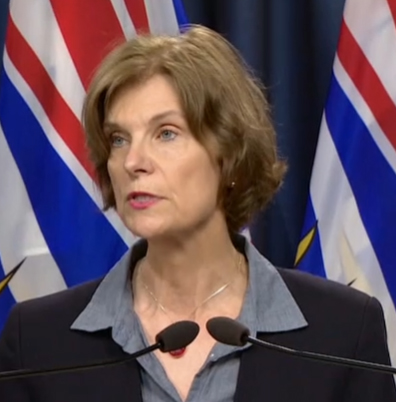
Sunday April 26, 2020 ~ BC
by Mary Brooke, B.Sc. ~ West Shore Voice News
Concern for seniors during COVID-19 has ramped up over the last few weeks.
The COVID-19 pandemic was officially declared by the World Health Organization on March 11 and BC declared a state of emergency on March 17 and announced the closure of schools, along with — over the weeks — a series of orders by the Public Health Officer (PHO) that have essentially put the BC society and economy on lockdown.
Today on Sunday April 26, BC Seniors Advocate Isobel Mackenzie addressed media and British Columbians about various aspects of seniors’ care in BC during COVID-19.
Mackenzie started with an announcement about funding for an organization that supports unpaid family members who care for seniors at home. There will be a doubling of this year’s funding, with another $500,000 (to a total of $1 million for 2020) to help the organization in turn offer virtual and remote support to the unpaid caregivers during the pandemic lockdown conditions.
This is part of British Columbia’s emergency COVID-19 response plan, it was stated in a followup news release from the Ministry of Health.
But Mackenzie also outlined how the BC Government is assisting seniors across the board in BC in other ways. And during media questions she opened up about various scenarios in long-term care homes.
Family Caregivers of BC:
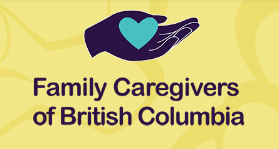
Family Caregivers of B.C. is a not-for-profit organization (NGO) that supports people who are caring for elderly loved ones, family or friends. With a network of local agencies throughout B.C., Family Caregivers will increase the capacity of its helpline and offer a number of virtual connections that can bring family caregivers together.
There are over 100,000 at-home caregivers in BC, with 30,000 of those doing intense physical care in the home.
“The new normal, when we get to it, will continue to impact caregivers,” said Mackenzie today in her press conference.
“My message to family caregivers is simple. If you are feeling overwhelmed, call the Family Caregivers of BC or call 211. Please don’t try to shoulder this burden alone,” she said.
What the additional $500,000 is for:
The $500,000 in additional funding from the government to Family Caregivers of B.C. is not for direct distribution to caregivers or seniors but is funding during the pandemic to help provide a boost to the digital and personnel aspects of the NGO — expanded toll-free support line hours, emotional supports, and help with navigating the health-care system.
This action during the pandemic serves to underscore how our society still depends on unpaid work by family and friends to care for seniors at home, though in a sense with oversight by the BC government through this agency which is funded by the BC Government (and Island Health as a health authority under the Ministry of Health), and United Way Greater Victoria.
Other supports for seniors in BC:
There are no dollars paid into the pockets of seniors or their in-home caregivers through the funding announced today, though Mackenzie did outline in her press conference that the government sees seniors adequately supported during COVID-19 through other supports such as the federal Old Age Security (OAS) and in BC through the SAFER rental support program.
Mackenzie acknowledged that there are seniors who continue to work because of financial need. She also acknowledged that seniors are perhaps unduly impacted by the increased cost of food and other services during the COVID-19 pandemic because of their inability to generate more funds. | See editorial by West Shore Voice News: Seniors having variable success with rental support programs (and other supports) during COVID-19
She did say she expects there will be more supports for seniors and the caregiver industry during or after COVID-19.
Seniors and families choosing unpaid care at home:
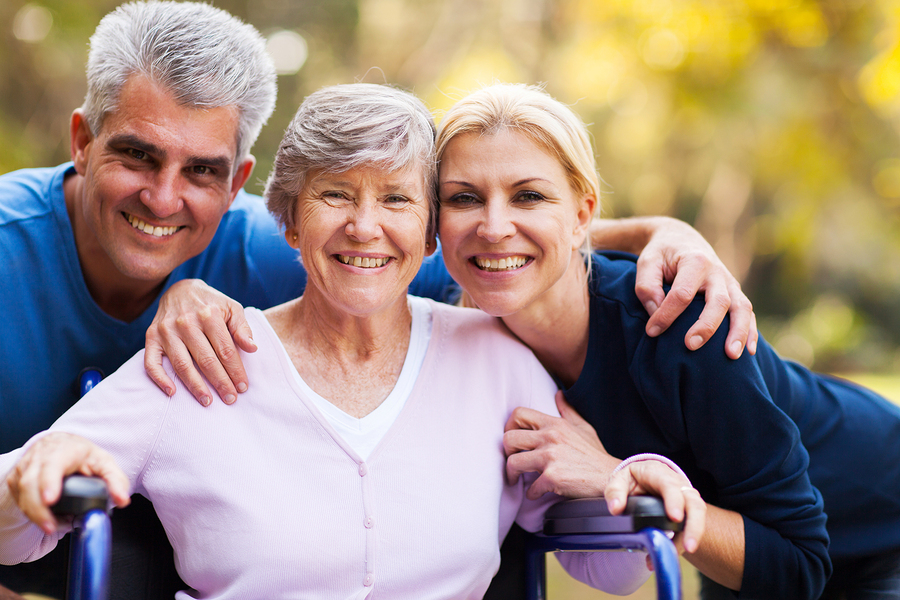
Relocation to or placement in a long-term care home facility is not an option for many families — by circumstance or by choice. And it has borne true during the COVID-19 pandemic that high-density care homes have turned out to be an unhealthy scenario for many seniors and often also the caregivers in those facilities.
Almost all of the 100 deaths from COVID-19 in BC to date have occurred in long-term care homes. [See BC Centre for Disease Control data, updated daily]. This is being seen as associated with lack of physical distancing, and the cross-contamination between care homes due to care workers often working at more than one facility.

BC Health is quite aware of the reliance of seniors upon an unpaid system. “Many B.C. seniors count on their spouses, children and close friends to help them stay at home and manage chronic conditions,” said Minister of Health Adrian Dix in today’s news release.
“The circumstances of COVID-19 have added weight and worry to the task,” said Dix. “This step to expand services builds on our commitment to support caregivers and is also a step to support the safety and wellness of seniors during this challenging time.”
Impact on at-home caregivers:
“Family caregivers experience stress at the best of times; however, this is exacerbated during the COVID-19 restrictions,” says Mackenzie,
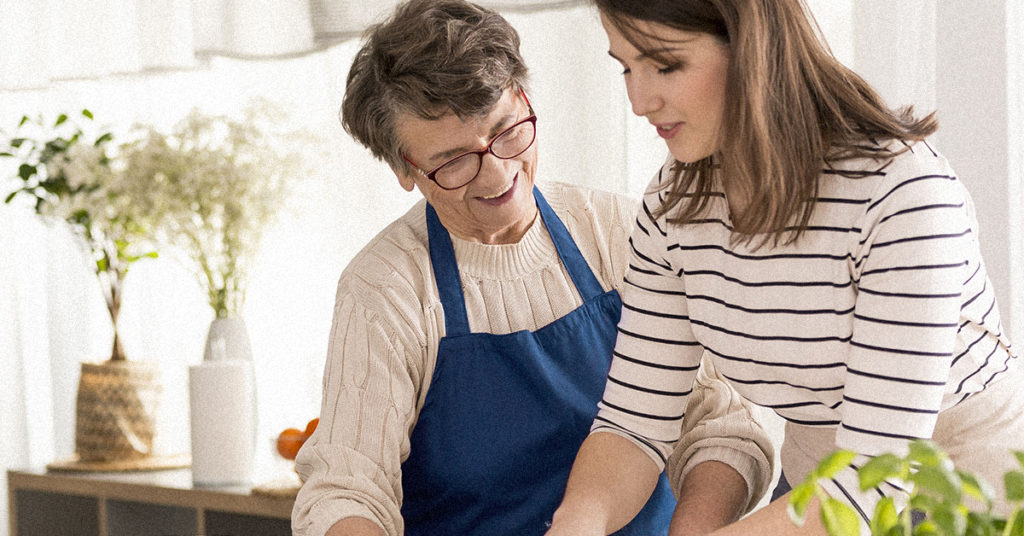
“The type of caregiver support found through adult day programs and a number of other community supports are not available now, and they may be restricted for many months. The impact of isolation on family caregivers is compounded by the need to stay at home with their loved one with little relief from their caregiving duties,” said Mackenzie, who has long been a vigorous in her advocacy for and about seniors.
Caregivers make sacrifices every day with emotional support, access to tools and resources, and assisting seniors with navigation of a complex health system.
Where to call for help or to provide help to seniors:
Seniors and people who are caring for elderly loved ones, family or friends in need of supports can call 211 or 1-877-520-3267 (toll-free).
Mackenzie also invited anyone who would like to help seniors during the COVID-19 pandemic to call 211 to find out how. In the past month, she said that seniors have been provided with 21,000 services, outlined as: 12,193 virtual visits, 2,957 grocery deliveries, and 2,782 meals.
She said that 5,500 British Columbians have volunteered so far, and it grows every day. “It is very heartwarming.”
A donation of PPE (personal protective equipment) to health care workers can help seniors indirectly as well.
The new normal in care homes:

Mackenzie seems positive about “beating back this virus so we can all embrace the new normal”. She feels that we now realize “what this new normal is going to look like”. And in that context she hopes that public health can now look at “how we can safely open up care homes to some form of visits from family members”.
Mackenzie supports the approach of finding the way safely back into care homes. One of important pieces is the ability to support loved ones in the care home and be reassured of what is happening in care homes, she explained. “The eyes that see and ears that hear, are the family members going into care homes,” says Mackenzie.
There are 19 active outbreaks in long-term care at the moment, with 11 outbreaks declared over. “We’re going to see things stabilized. We’ll see what additional resources are needed in care homes in probably what will be a year in the new normal,” Mackenzie says.
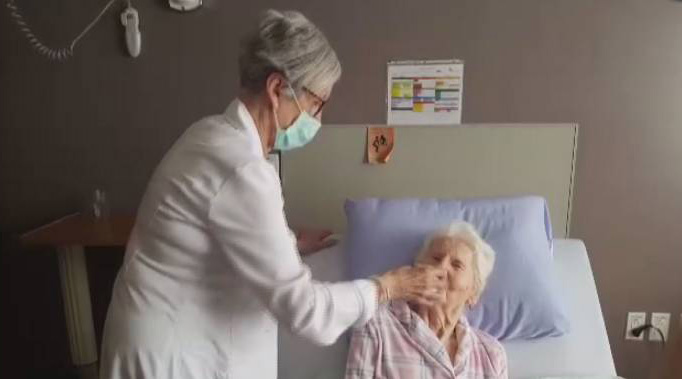
“PPE supply in the public system is more or less where it needs to be. But there could have more comfort with having two or three weeks of supplies,” Mackenzie said today about the use of personal protective equipment in care facilities.
She also outlined how “a number of people operate outside the formal system, who didn’t think about PPE before but are thinking about it now.” She gave an example of foot care nurses who go into people’s homes “who didn’t normally think about PPE”, but they are all linked through Safe Care BC. There’s a protocol to using PPE and proper training is needed, she added.
“Attracting a consistent workforce to long-term care homes” is something “we may be able to remedy”, said Mackenzie with some certainty, about the new normal ahead. She specified that it has a lot — if not mostly — to do with wages.
Allowing family access to seniors in care homes during COVID-19:
Today Mackenzie delivered impassioned reasoning for allowing perhaps only just one family member — under strict conditions — to visit an ailing or dying senior in long-term care. She said that six weeks of the pandemic — during which time many care homes have not looked at the exemptions in the Public Health Officer’s order about COVID-19 lockdown — is becoming too long a time for family support to elders-in-care to be blocked.
“Some care homes simply are not aware,” said Mackenzie, about a family member being able to achieve permission (under certain restrictions) to see a loved one during the pandemic. “They think there is a blanket prohibition. So I think getting that clear message out is important.”
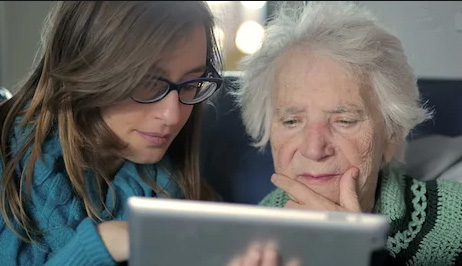
There is still no vaccine for COVID-19, and public health medical officials are still not sure if immunity to the virus is achieved even if once infected and recovered.
“We’ve got to find a way — if the new normal is going to be in place for about a year — (for people) to see their spouse, or adult children that they’re very close to. It will definitely be a more restricted way of visiting. But people going a year or more without seeing their spouse or their adult children is tragic. We’ve got to find a way, and do it safely, but I think we have to make that effort,” Mackenzie said today.
Mackenzie says she will be speaking with Provincial Health Officer Dr Bonnie Henry about clear communications of how the exemptions should be explained to care homes so that a family member can visit to set up remote communications (such as Facebook or Zoom) or be with a loved one as they are dying.
Finding our compassion and humanity:
“These are trying times. We need to find our compassion and humanity,” said Mackenzie, who went so far as to say that it is inhumane to keep families apart in this manner now, as the pandemic grinds on.
Speaking for a moment today about her own career: “I was in home care and long-term care during H1N1 (2009-2010) and it looked nothing like this. This is just for me unprecedented,” Mackenzie said, in describing how she had written to her colleagues in long-term care to offer her heartfelt support around the pressures during COVID-19.
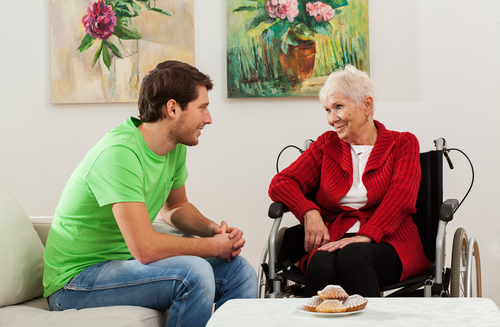
“The totality of a life means many things. We are going to have to find a way to do that (get family members in to see loved ones in long-term care) and find a way to get the resources there that people can hear about how their loved one is doing,” said Mackenzie.
“Families need to re-enter the visiting stream — under significant restrictions, but be allowed to do that.” They can form that connection through remote technologies such as Zoom,” she said.
“It’s been about six weeks now, and that’s getting on. In the normal course of events we might close for outbreak in a given year for influenza we might close for two weeks – sometimes three or four weeks in extraordinary circumstances. This is quite extraordinary, this is a sacrifice and we’re going to have to figure out how to do it, in a way that’s humane,” Mackenzie said.
======== BACKGROUND:
The Family Caregivers of BC began in 1989 as the Family Caregivers’ Network Society, a not-for-profit registered charity dedicated entirely to supporting family caregivers. It was the first organization of its kind in Canada. In 2010 they took on the provincial champion role after the Caregivers Association of BC closed its doors. They transitioned to their new public name in 2014 “to better reflect serving family caregivers” across the province. They are funded by the Province of BC, United Way Greater Victoria, and Island Health.
The Ministry of Health itemizes the following:
- Over 1 million people provide unpaid care for adult family members and friends in British Columbia.
- The strategy to strengthen supports for caregivers is part of work underway to improve the quality of life for seniors in B.C.
- In 2019, 20% of B.C.’s population was age 65 or over. This proportion of the population is expected to rise to 25% within 15 years.
======== LINKS:
To learn more about Family Caregivers of B.C., visit: www.familycaregiversbc.ca or call the toll-free caregivers support line Monday to Friday, between 8:30 a.m. and 7 p.m. (Pacific Time): 1 877-520-3267
To learn more about BC211 call 211 (to be directed to Family Caregivers of B.C. and the caregivers support line), or visit: http://www.bc211.ca/
United Way Better at Home Program: http://betterathome.ca/
Seniors and people who are well and want to volunteer can call 211 or visit: www.bc211.ca/



